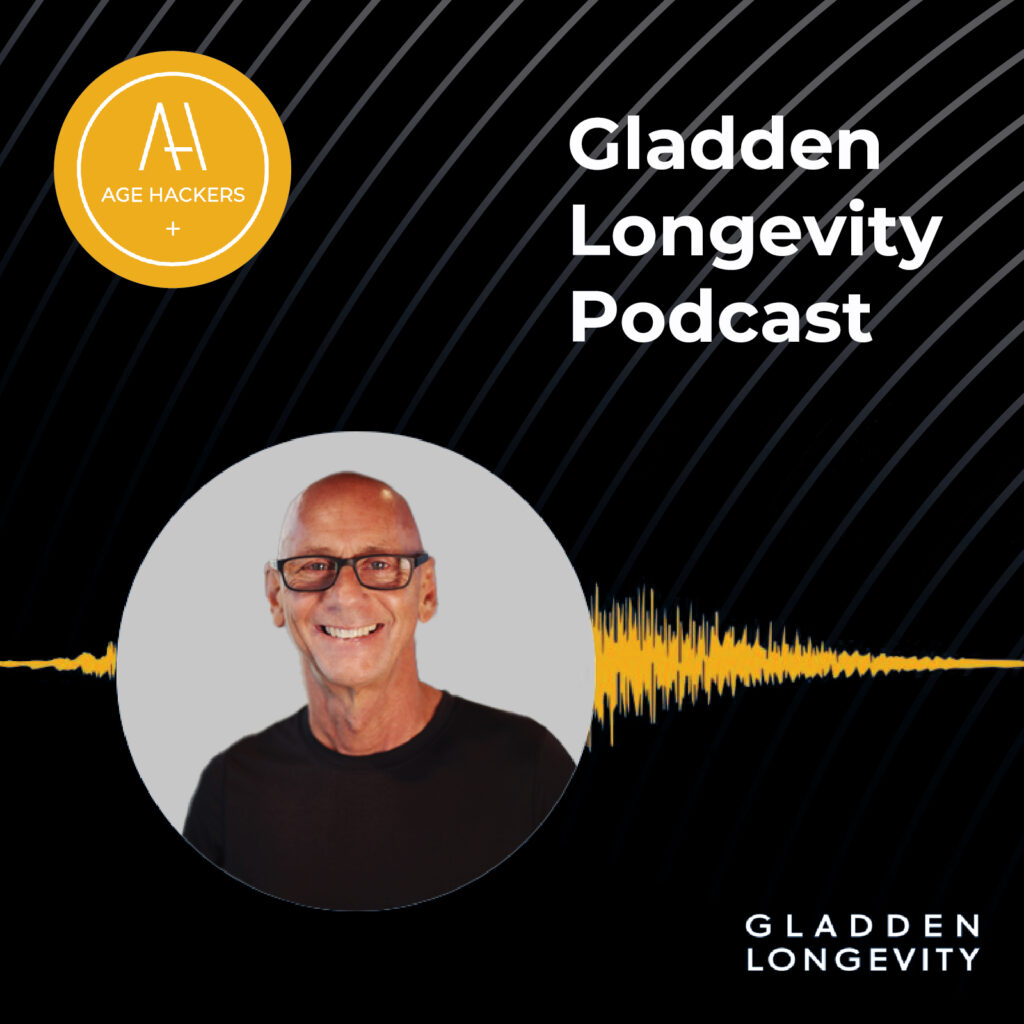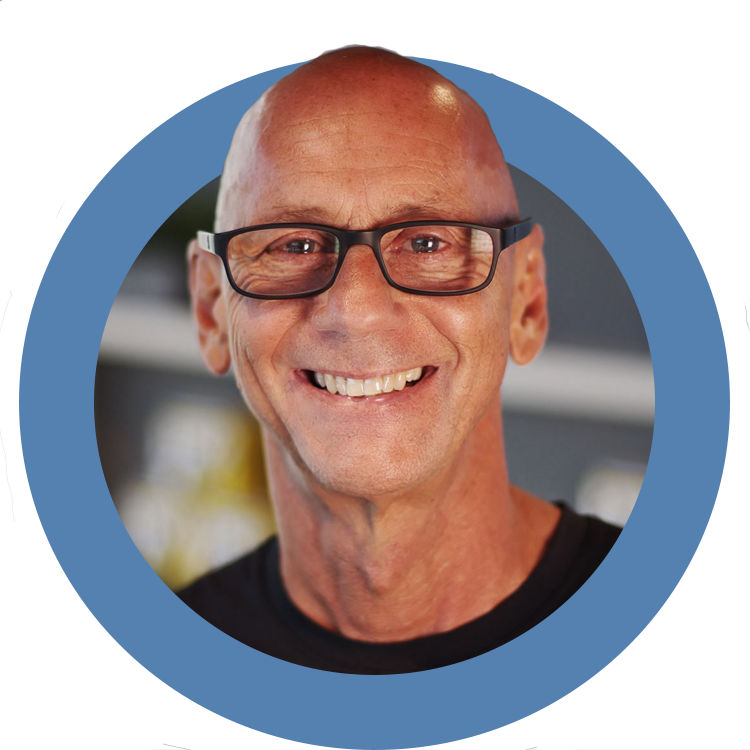First and foremost, it’s crucial to envision that you’ll still be able to do athletic activities when you’re into your 80s, 90s and beyond. Dr. Gladden explains that he’s getting older chronologically, but he’s getting younger physiologically – and he speaks on his mindset that sets him up for success.
The Doctor recommends getting a cardio pulmonary stress test before starting a new exercise plan, to avoid injury or catastrophic health problems like a heart attack. Another test that helps identify potential physiological problems ahead of time is the MET-TEST.
They discuss different kinds of physical training, including HIIT (high intensity interval training) and the need to develop a cardio baseline by exercising at a slower heartrate over an extended period of time. The recommend spreading out the kind of workouts that you do, to spare yourself from injury and build different muscle groups. Gladden provides some other tips on preventing injury, as well as how to cope and maintain strength if you do get injured. Gladden also talks about Fortetropin®, a myostatin inhibitor that helps people build muscle by decreasing the way muscle is broken down.
They talk about the benefits of “loading your frame” to improve skeletal, tendon and ligament strength, then they discuss balance training and how to incorporate it into your life.
Creating a habit of doing something every day is much better for your body and mind rather than only pushing your body to its limits once or twice a week. Play is also critical when you exercise, for keeping your mind and body youthful.
In This week in Longevity Science, they discuss Klotho, what is being called “the longevity protein,” as it could one day play a vital role in helping treat potentially deadly conditions. For more information on the subject, visit https://wisdomtolive.com/longevity-protein-could-save-lives-improve-health/.
Key takeaways:
- Before you start an exercise plan, be safe, get tested, and work out smart to prevent injury.
- For your mindset, focus on being fast, agile and strong at every age.
- Develop the habit of exercise in small, sustaining steps.
- Variety in exercise is a necessity.
- Keep exercise fun and try new things.
For this week’s empowering question, ask yourself, “How would you change your training now if you want to be engaged in your favorite activity years, or even decades, from now?”







